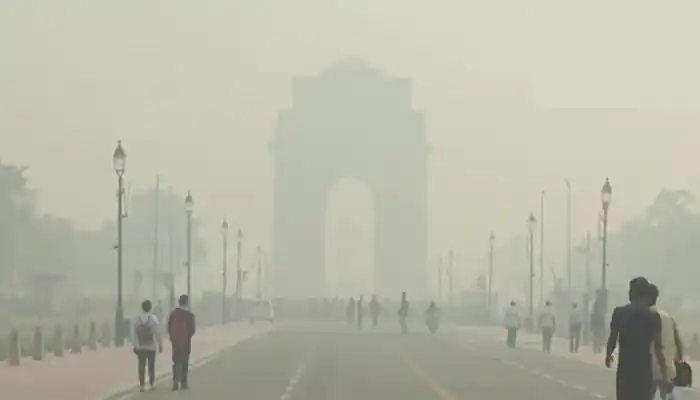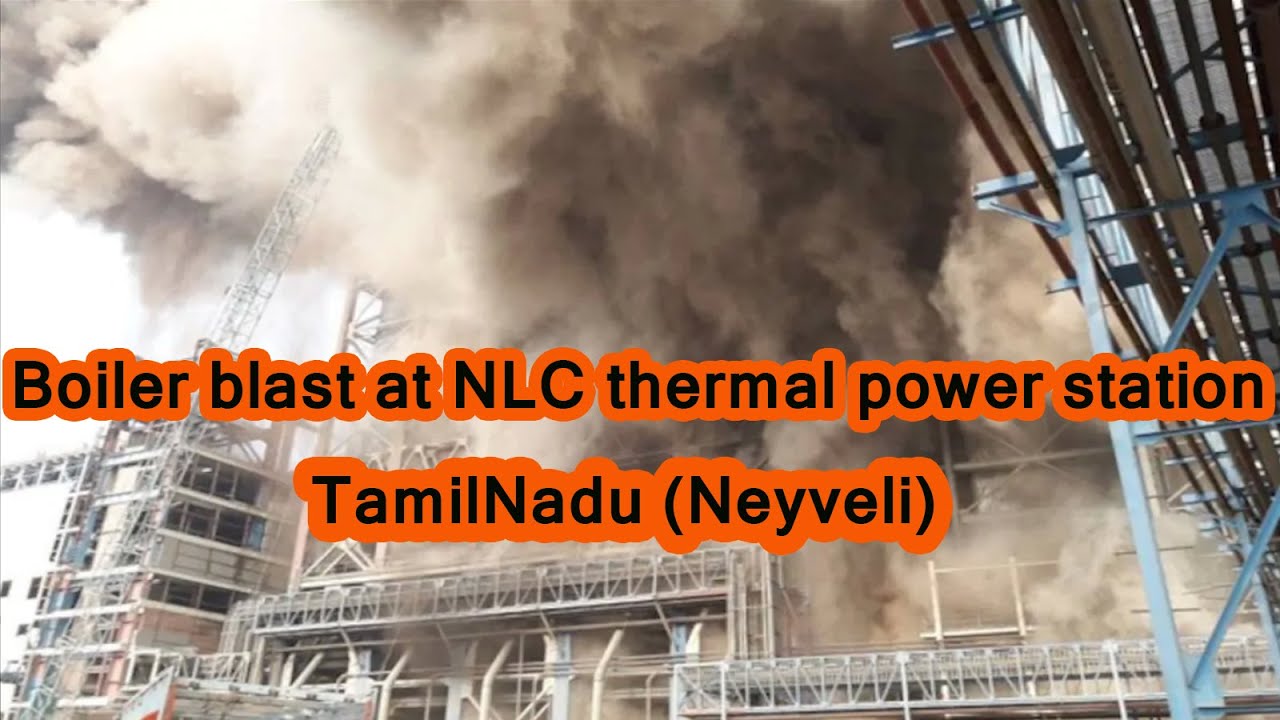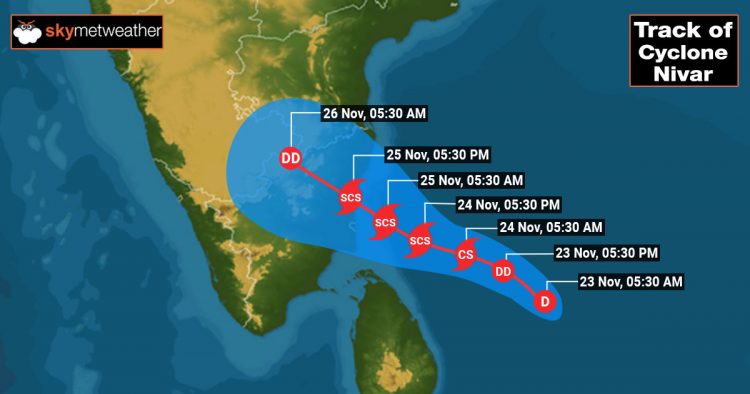The Sub-Committee in its meeting held on December 4, 2022 reviewed the air quality scenario in the region as well as the forecasts for meteorological conditions and air quality index of Delhi
The Centre’s air quality panel on Sunday thereafer directed authorities in the Delhi-NCR to ban non-essential construction work in the region under stage III of the Graded Response Action Plan (GRAP).
Demolition work will also be banned under stage III. The move was prompted by the Delhi’s receding air quality as the 24-hour average air quality index stood at 407 at 4 pm on Sunday.
The AQI in Delhi has slipped into ‘Severe’ category owing to calm wind and stable atmospheric conditions.
Owing to this, the sub-committee decided that all actions as envisaged under Stage III of the GRAP will be implemented.
Under stage III, a strict ban on construction and demolition activities in the NCR will be enforced.
However, the ban won’t apply on essential projects and non-polluting activities such as plumbing, carpentry, interior decoration and electrical works.
The construction ban will not be applicable to projects concerning national security, defence, railways, healthcare, railways, airports, and metro rail among others.
The Commission for Air Quality Management (CAQM) had directed authorities on November 14 to revoke the curbs enforced in the Delhi-NCR under stage III of GRAP, including a ban on non-essential construction activities.
The decision to implement stage III was taken by the sub-committee in its meeting that took place on December 4, 2022.
The panel reviewed the air quality conditions in the region as well as the forecasts for meteorological conditions and air quality index of Delhi.
“Provisions of Stage III will be implemented in addition to all action under Stage I and Stage II of the GRAP,” read the order by the Commission for Air Quality Management,” the sub-committee said in a statement on Sunday.
Earlier on Thursday (December 1), the air quality panel directed Uttar Pradesh, Rajasthan and Haryana to register only CNG and electric autos from January 1 and complete the phase out of the diesel ones in the National Capital Region by the end of 2026.









